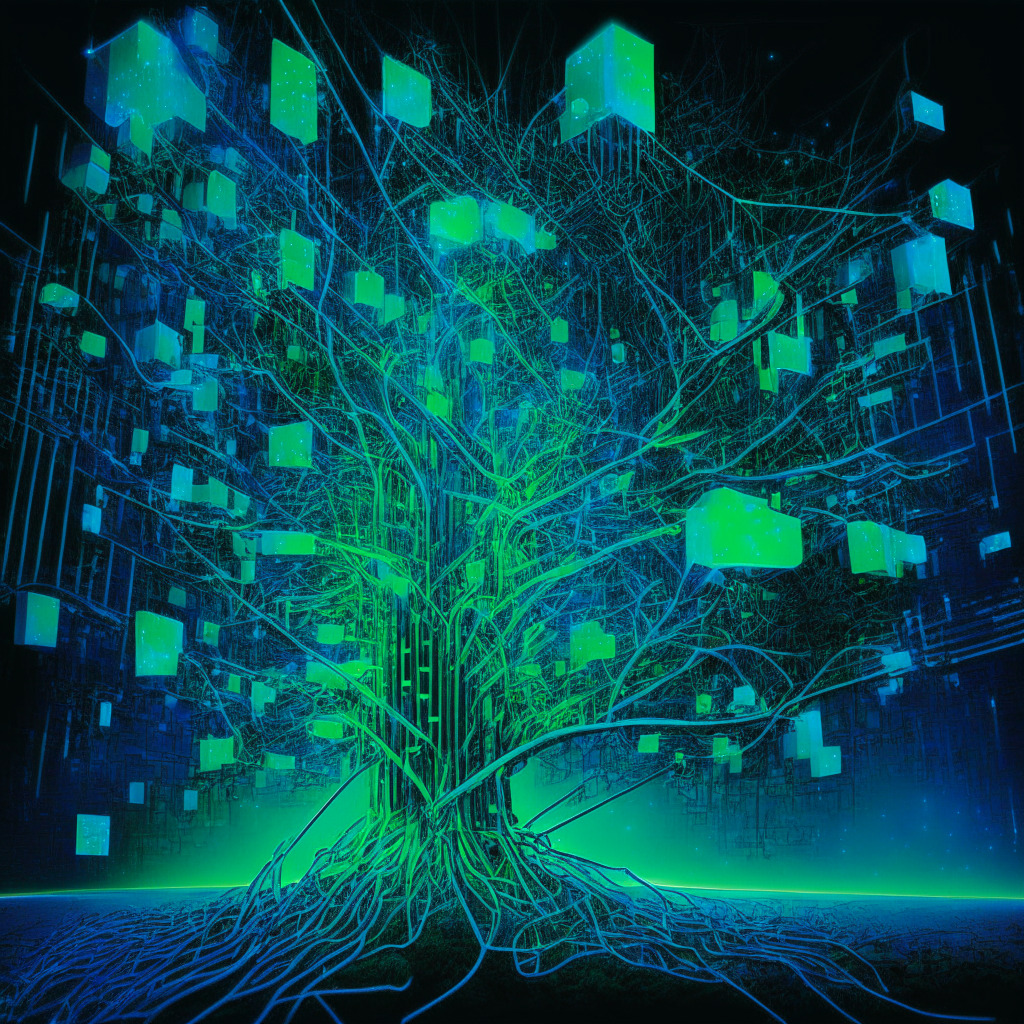The future of blockchain technology is a fascinating topic, especially when considering the impact it could have on various industries and aspects of daily life. While there is ongoing optimism about the potential of blockchain to revolutionize the world, there is no denying that the sector faces challenges and criticisms that cannot be ignored.
One of the essential elements of blockchain is the concept of decentralization, a characteristic that promises a paradigm shift in the way data is stored and accessed. By removing the need for a centralized authority, blockchain technology can increase transparency and streamline processes, ultimately enabling businesses and individuals to interact more efficiently.
However, as much as decentralization is applauded for its potential, some detractors argue that it could lead to chaos and confusion, especially when it comes to areas where clear regulation is necessary. Take, for example, cryptocurrencies like BTC. Their unregulated and decentralized nature has led to volatility and financial risks, making some people question if the technology can be trusted.
Another hurdle that blockchain faces is the issue of scalability. As the technology continues to grow and gain adoption, questions arise about whether the blockchain networks can handle increased transaction loads without slowing down or compromising security. Many projects are working to address scalability and improve efficiency, but the solutions often come with trade-offs that can cloud the true potential of blockchain.
On the flip side, one of the most promising applications of blockchain technology lies in the realm of smart contracts. Autonomous, self-executing agreements coded to run on a blockchain have the potential to transform industries such as finance, real estate, and even entertainment. However, the complexity of creating truly secure and functional smart contracts may limit their widespread adoption and keep them from living up to their full potential.
Furthermore, the environmental impact of blockchain technology has also become a hot topic amid concerns about the energy consumption involved in mining and processing transactions. While numerous projects are exploring ways to mitigate this issue, debates around the environmental ramifications of blockchain persist.
From the excitement around digital currencies like BTC to the transformative potential of distributed ledger technology, it’s clear that blockchain is a game-changing innovation. But for every enthusiast singing its praises, there is a skeptic with a valid point to counter. As the technology continues to evolve, so too will the conversation around its applications, benefits, and drawbacks.
So, is the future of blockchain technology set in stone or up for debate? Only time will tell. In the meantime, prepare yourselves for a wild ride as we watch the world attempt to harness and adapt to this groundbreaking innovation. One thing is for certain – the narrative surrounding blockchain technology will continue to captivate enthusiasts and confound skeptics, making it an undeniably intriguing subject.
Source: Blockworks




